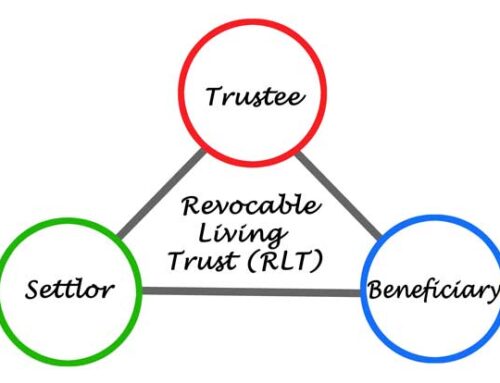It’s that time of year…tax season. When most of us think of tax season, we think of our individual and business tax returns since these are the most common tax forms.
Most of us do not think of the tax obligations relating to trusts—but many of us should.
Many of my clients are surviving widows or widowers who had trusts drafted with her or his spouse a number of years in the past. In 2021, the estate tax exemption per person is $11.7 million (or approximately $23 million for a married couple). This means an individual person can have $11.7 million in assets upon death without estate taxes.
However, a number of years ago, the estate tax exemption was significantly lower. For instance, the exemption was only $675,000 in 2001. As a result, many estate planning attorneys commonly drafted “A-B” Trusts for clients. When the first spouse passed away, the trust became split into two components—the Survivor’s Trust and the Decedent’s Trust.
Nowadays, an “A-B” Trust does not make sense for most of my clients. The most negative aspect of an “A-B” Trust is that it must be split into two trusts when one spouse passes away into the Decedent’s Trust and the Survivor’s Trust. The Decedent’s Trust becomes an entity like a corporation and becomes irrevocable, which means the trust cannot be changed. This means the surviving spouse must manage two trusts instead of one.
Additionally, what most people don’t know is that many surviving spouses should likely file a trust tax return for the Decedent’s Trust. As an entity, the Decedent’s Trust should have a tax return if it has income above $600.
These limits may change with Joe Biden in office. He has discussed lowering the estate tax exemption from $11.7 million to $3.5 million, which could have major effects on the way we plan.
If you do not have a trust, or if you have not had your trust reviewed for several years, you should speak with an attorney about whether your trust should be redrafted.






